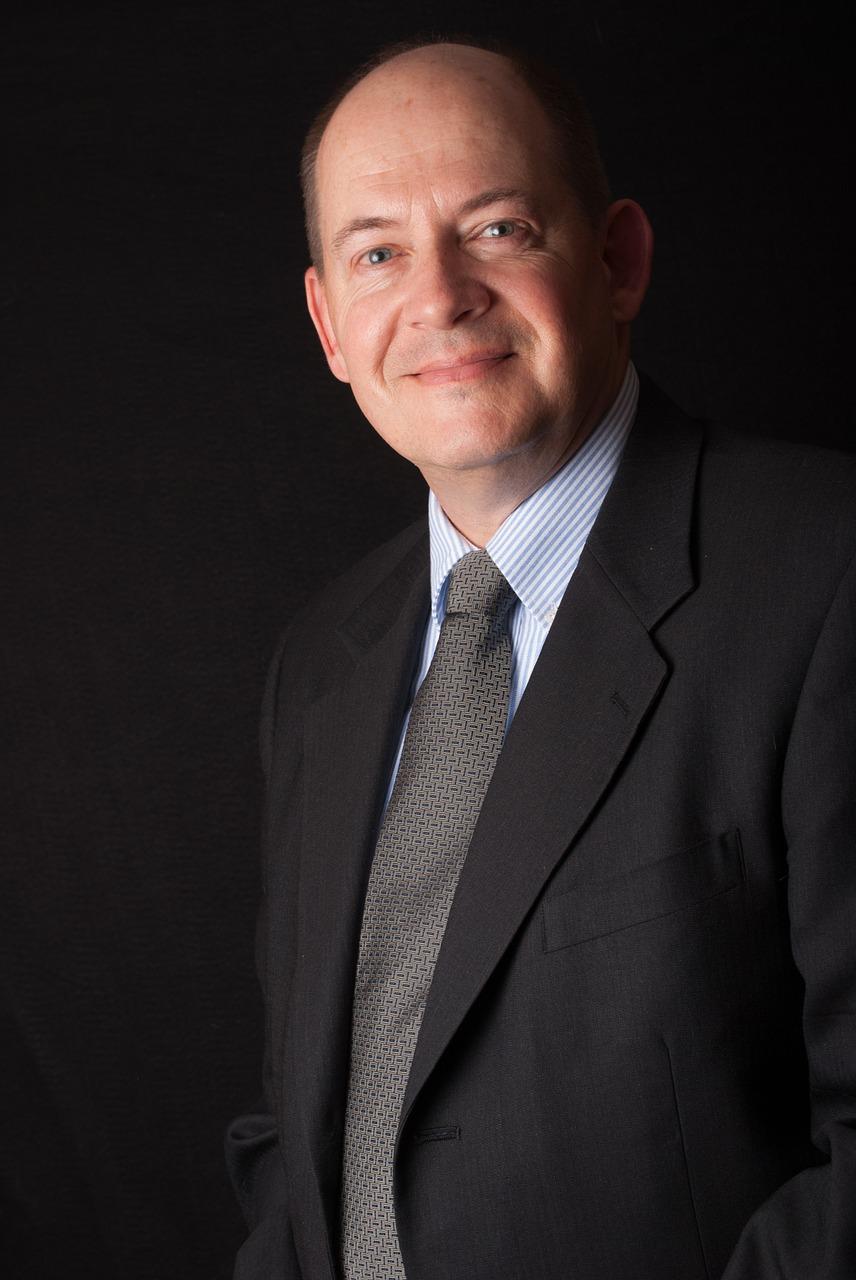Ask any successful person what the secret is to their magic. Their list of advice is likely to include “Read a lot and read widely”. Similarly, a casual search online will give you pages of results on the reading habits of the rich and famous.
What can we learn from how these individuals, such as Bill Gates and Warren Buffet, approach reading? It can’t simply be a coincidence that the best and most successful leaders are also ardent readers. More importantly, how do we adapt these reading habits into our routine so that we can craft our paths to success too?
Let’s dive into the reading lifestyles of the rich and famous.
According to Thomas Corley, an author who has written extensively about the reading habits of successful people, wealthy individuals tend to read for self-improvement, education, and success (compared to reading simply for entertainment). Overall, they chose non-fiction titles, including career-oriented, business, and self-help.
These similar patterns are reflected in the most successful businessmen in the world.
Bill Gates:
One of the most influential individuals on the planet, the co-founder of Microsoft, reads at least 50 books a year. Bill Gates shares that he always has a book with him, no matter where he goes.
“Each book opens up new avenues of knowledge to explore,” Bill Gates says, citing reading as one of the main ways he builds expertise in new things. He is thorough about how he uses reading to gain knowledge. According to those close to him, Bill Gates reads at least five books on a topic before he forms his insight on the issue.
Warren Buffet:
Asked about his success, Warren Buffet credits his reading habit. Given that his personal valuation is more than $98 billion (as of July 2022), that’s a lot of money reading is supposedly making him.
Warren Buffet is a huge advocate of making reading a daily habit. Reportedly, he starts each morning by reading and spends 80% of his day reading. He famously told a class at Columbia University, “Read 500 pages [in the topic you are specialising in] every day. That’s how knowledge works. It builds up like compound interest. All of you can do it, but I guarantee not many of you will do it.”
Elon Musk:
Currently the richest person in the world, Elon Musk is no stranger to the power of reading. As a child, he was a voracious reader, clocking almost 10 hours daily with his nose in a book. The founder of SpaceX also reportedly said that he learned how to build rockets just by reading.
What’s slightly different about Elon Musk is his celebration of fiction books. Besides non-fiction books, Elon Musk has a deep interest in science fiction. He’s shared that the imaginative world of Isaac Asimov’s Foundation series made a lasting impression on him.
Adapting these reading practices into your lifestyle can be simple.
1. Set aside time to read
Most of us may not have as quick a reading speed as Bill Gates, so getting to 50 books a year may be tough. Rather than get caught up in having a yearly target of books to finish, aim to block out time in your day to read instead. This is particularly important if you currently do not read regularly.
Start with 30 minutes of reading a day. Make sure that it’s at a consistent time: in the morning when you wake up, during your lunch break, or in the evening before you go to bed. While you may not read 500 pages off the bat, making intentional time for books will help to integrate reading as a habit into your daily routine.
2. Engage with what you’re reading
Once you’ve gotten into the groove of reading every day, you’re ready to take it one step further. Reading alone is not enough. To ensure you retain what you’re reading, you should also actively process the information you’re consuming. As summarised pithily by Warren Buffet, “I read and think.”
One easy way to read actively is to make notes while reading. Copy out meaningful excerpts of your book and jot down a short reflection on why they resonate with you. By forming mental connections between the text and your personal experiences, you increase the probability of information retention in your mind.
3. Read diversely
The best way to expand your perspective is to read widely. While we may be drawn to particular genres or topics, it’s good to read outside of your comfort zone once in a while. You may be surprised by what you learn.
Knowledge can be found anywhere — and not just in non-fiction books. Fiction can inspire us to dream bigger than ourselves, such as Elon Musk’s love for science-fiction. Finding the right words can give tangible shape to our ambitions and encourage us to reach for the skies (in Musk’s case, we mean this literally).
There is much to be learnt outside of what’s available in English. The good news is that we don’t have to be polyglots to access these learnings.
Get connected to a whole new world of information on the NexPage app, where quality summaries of Asian best-selling non-fiction works can be published. NexPage is now available on both Apple App Store and Google Play Store, so there’s no reason not to start reading today!


